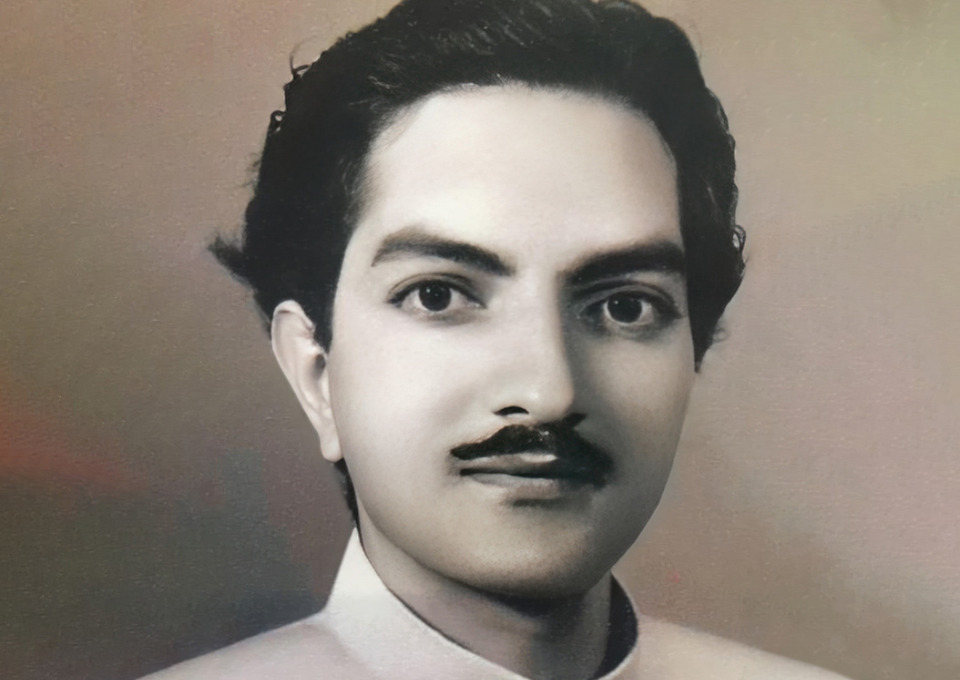At the mouth of the Gawilgarh Hills, a short distance from the Ajanta caves and near the battlefields of Assaye in Maharashtra lies the vassal of Dewalghat (Duelghat). Situated in the center of this hamlet, the proud but crumbling Dewalghat Fort has a larger-than-life presence and has witnessed stories of six generations of the same family. Over 250 years ago, the first of the Shirani Pathans came here and have been in this fort since. This small town now bustles with shops, cars, and crowded lanes but since the 1950s, the present Nawab and his family have been the keepers of the town’s history and culture.
The larger-than-life aura of the fort is not just its imposing walls or turrets, but the present Nawab who has led a quiet but influential life here, the local elder and guide, a person universally respected for his grace and humility and a source of wisdom for the people of Dewalghat and the surrounding areas.
Nawab Saeedullah Khan (Saeed Shirani) passed away a few days ago. Born in 1929, he chose to stay in the area and dedicated his life’s work to Dewalghat and its environs. He was a member of the local assembly, a seat he consistently won as an independent candidate, chaired the board of governors of several local schools, and led the efforts for the economic and social development of this area. He continued the legacy of “education for all” started by his forefathers Nawab Bismillah Khan and Nawab Salamullah Khan (one of the initial patrons of Aligarh Muslim University) and which has led to a record literacy rate of 75% in the area and, meaningfully higher than the national average.
While I never got to meet the Nawab in person given the difficulties of the Indo-Pak divide, I had the pleasure of speaking to him often as I went about exploring my father’s side of the family. He was the last man standing in my father’s paternal generation and his first cousin. It is to his loving memory that I write these lines and, in heartfelt condolence to my cousins Fawad and Shehzad Shirani and their sisters Shehla and Naushaba.






